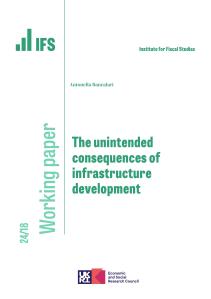The theoretical analysis of tax progressivity has proceeded on the unrealistic assumption that tax liability is never zero, thereby precluding a systematic examination of the progressivity effects of such basic tax reforms as an increase in personal allowances. This paper extends the core results on progressivity to cover zero tax payments, and applies these new results to the analysis of allowances, deductions and credits. Log concavity of the tax schedule a property quite distinct from any notion of progressivity emerges as the critical determinant of whether liability progression rises uniformly as allowances are increased, and it is shown that any variation in averagae tax rates is sufficient to admit the possibility that residual progression is reduced by an increase in either allowances, income-related deductions, or tax credits.










